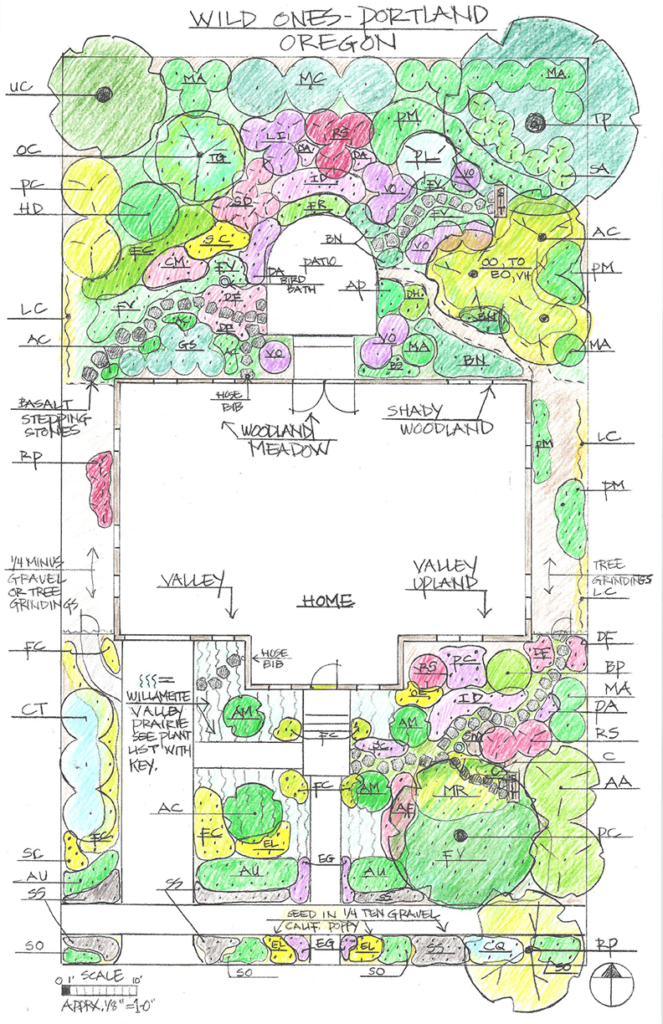
Printing note: This design was created to be 8.5″ x 14″ and the design pdf will print best on legal size paper.
Wild Ones Meet the Designer Webinar
Portland Native Garden Design Discussion with Designer Donna Giguere
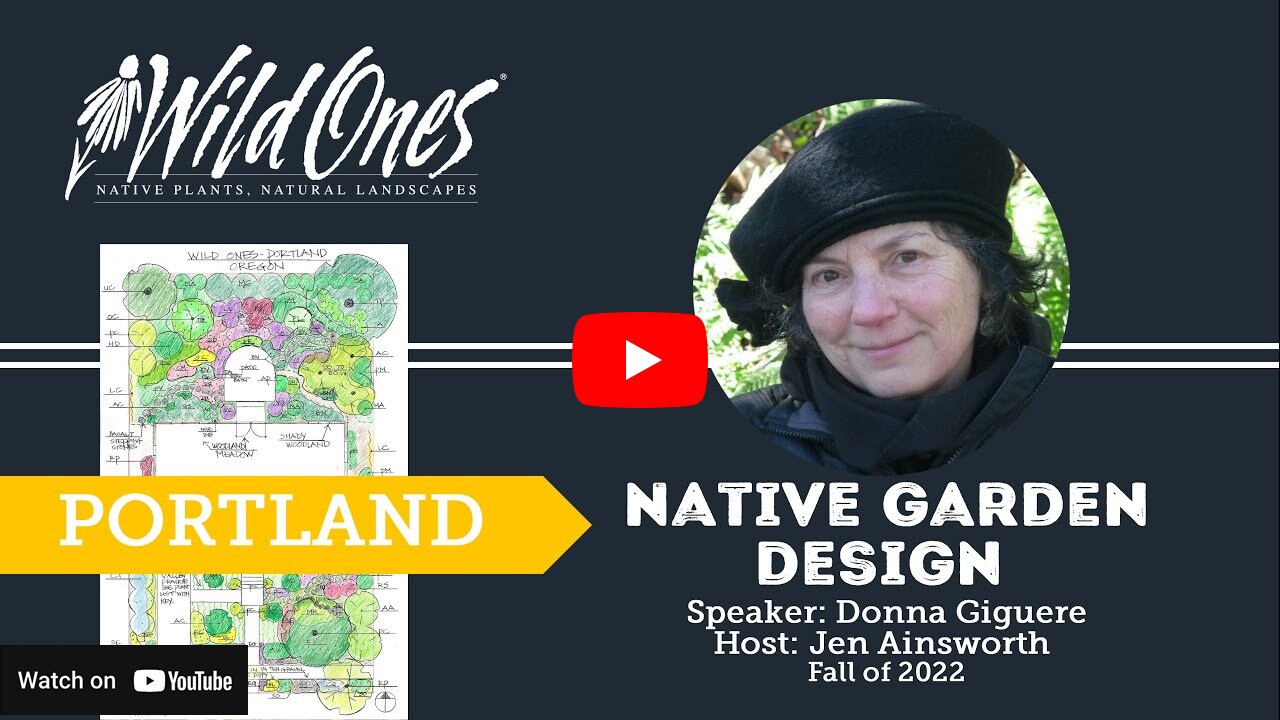
Project Notes
Most of our soils in the area tend to be acidic in PH and their profile is either sandy loam, clay loam or clay. All of our soils will benefit from the addition of compost to improve texture, adding oxygen and improving the soil biome. Provide weekly water the first 3 summers and less in subsequent years except during extreme heat. Trees should be watered deeply as needed even after three years to promote growth, shade and habitat. Phasing of the plantings may be by section but because trees take time to mature, plant the trees first. Planting densely helps to retain moisture and deters weeds. Many of the groundcovers in this plan will spread and fill in any gaps, reducing the need for yearly mulch. When placing large shrubs and trees, attention should be paid to the views from windows and privacy. For maintenance, it is possible to simply clean the walkways, pull the weeds and let the leaves lie for insects and birds. Mulch using course compost, bark mulch or ¼ ten gravel (screened and clean), which creates a different look. In this plan it may be used for the parking strip or the entire front yard. No other type of gravel should be used for mulch.
DESIGNER STATEMENT
This design was created by Donna Giguere Landscape Design. The drawn plan is an example of what is possible with using native plants in a Portland, Oregon urban neighborhood. Although we receive much rain here in the winter and spring, our summers are frequently on the dry side. Climate change may alter the present weather patterns but native plants tend to bounce back from extreme weather fairly well. Trees and dense vegetation provide habitat for birds and insects but also help cool the urban heat-sink.
The selected plant palette is not one-size-fits-all but may be useful in determining what works in the sun or shade. Your home, surrounding properties and tree cover will modify the planting selection. Plantings were selected for wildlife food, habitat, nest materials and cover. Berries provide food for people and birds. Our winters are mild so year-round interest, food and habitat are considerations in plant selection.
PLANT LIST
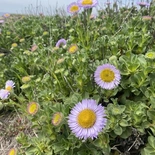
Beach Daisy(Erigeron glaucus)
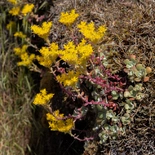
Broadleaf Stonecrop(Sedum spathulifolium)
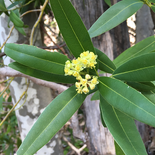
California Bay Laurel(Umbellularia californica)
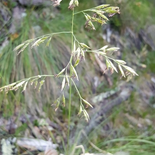
California Fescue(Festuca californica)
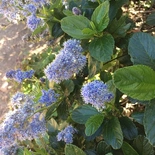
California Lilac(Ceanothus thyrsiflorus)
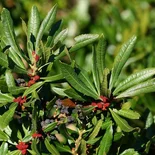
California Wax Myrtle(Morella californica)
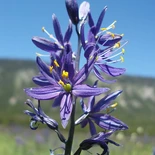
Camas(Camassia quamash)
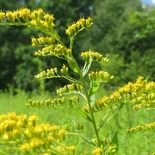
Canada Goldenrod(Solidago canadensis)
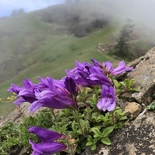
Cardwell's Cliff Penstemon(Penstemon cardwellii)

Cascara(Frangula purshiana)
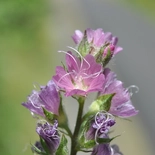
Checker Mallow(Sidalcea campestris)
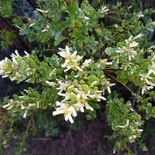
Coyote Bush(Baccharis pilularis)
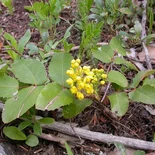
Creeping Oregon Grape(Mahonia repens)
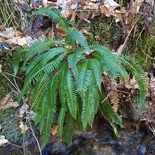
Deer Fern(Blechnum spicant)
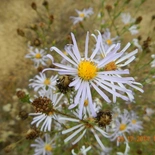
Douglas Aster(Symphyotrichum subspicatum)
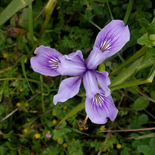
Douglas Iris(Iris douglasiana)
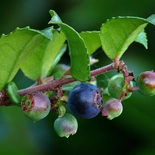
Evergreen Huckleberry(Vaccinium ovatum)
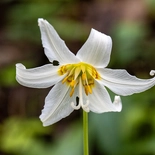
Fawn Lily(Erythronium oregonum)
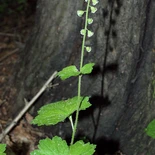
Fringecups(Tellima grandiflora)
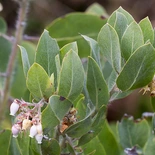
Hairy Manzanita(Arctostaphylos columbiana)
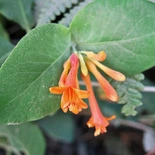
Honeysuckle Vine(Lonicera ciliosa)
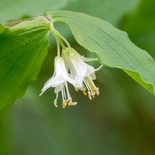
Hooker's Fairy Bells(Prosartes hookeri)
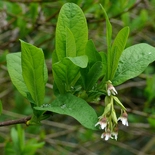
Indian Plum(Oemleria cerasiformis)
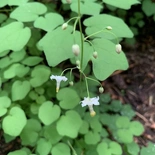
Inside Out Flower(Vancouveria hexandra)
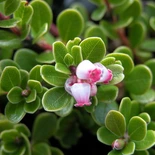
Kinnikinnick(Arctostaphylos uva-ursi)
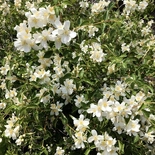
Lewis' Mock Orange(Philadelphus lewisii)
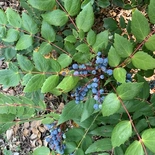
Low Oregon Grape(Mahonia nervosa)

McKenzie River Form Stonecrop(Sedum spathulifolium)
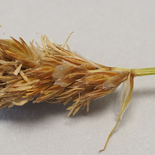
Meadow Sedge(Carex praegracilis)
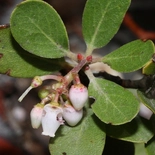
Media Manzanita(Arctostaphylos X media)
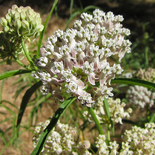
Narrow Leaf Milkweed(Asclepias fascicularis)
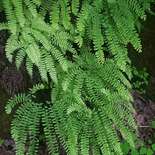
Northern Maidenhair Fern(Adiantum pedatum)
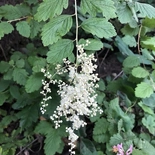
Oceanspray(Holodiscus discolor)
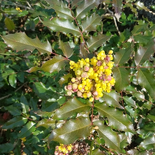
Oregon Grape(Mahonia aquifolium)
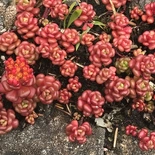
Oregon Stonecrop(Sedum oreganum)
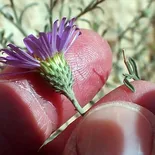
Oregon Sunshine(Dieteria canescens)
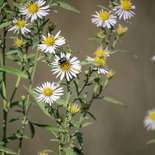
Pacific Aster(Symphyotrichum chilense)
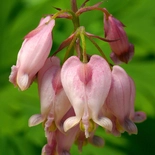
Pacific Bleeding Heart(Dicentra formosa)
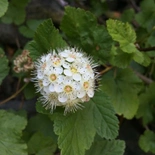
Pacific Ninebark(Physocarpus capitatus)
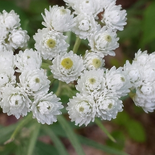
Pearly Everlasting(Anaphalis margaritacea)
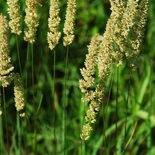
Prairie Junegrass(Koeleria macrantha)
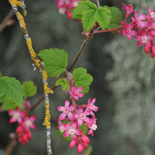
Red Flowering Currant(Ribes sanguineum)
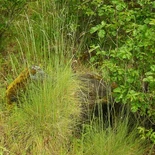
Roemer's Fescue(Festuca roemeri)
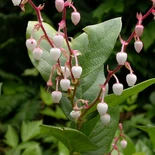
Salal(Gaultheria shallon)
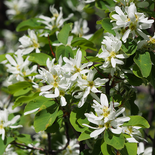
Saskatoon Serviceberry(Amelanchier alnifolia)
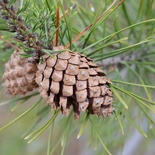
Shore Pine(Pinus contorta)
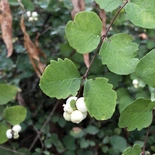
Snowberry(Symphoricarpos albus)
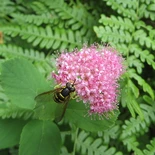
Sub Alpine Spiraea(Spiraea densiflora)

Tall Oregon Grape(Mahonia aquifolium)
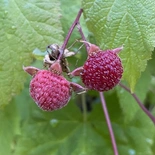
Thimbleberry(Rubus parviflorus)
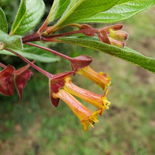
Twinberry(Lonicera involucrata)
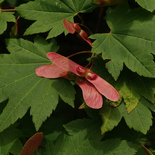
Vine Maple(Acer circinatum)
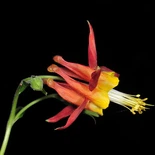
Western Columbine(Aquilegia formosa)
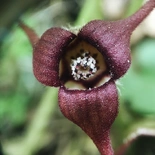
Western Ginger(Asarum caudatum)
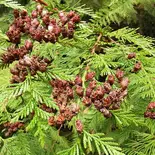
Western Red Cedar(Thuja plicata)
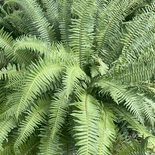
Western Sword Fern(Polystichum munitum)
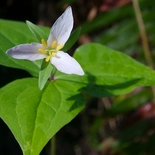
Western Wakerobin(Trillium ovatum)
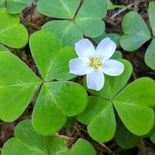
Wood Sorrel(Oxalis oregana)
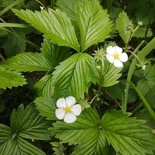
Woodland Strawberry(Fragaria vesca)
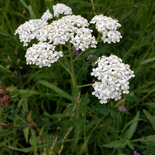
Yarrow(Achillea millefolium)
ABOUT THE DESIGNER
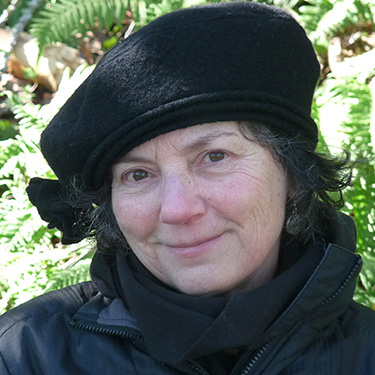
Donna Giguere earned a Bachelor of Science, Art Degree in sculpture from Portland State University while also studying and practicing horticulture. She received her landscape design education from landscape architects at Clackamas Community College. Her artistic ability has led to awards in sculpture and in landscape design. She is previously a certified Fellow of the International Association of Professional Landscape Designers and is a founding member of the Oregon chapter. She is a member of the Native Plant Society of Oregon and the Association of Northwest Landscape Designers. With over 26 years of practice, lots of hard work and joy, she intends to keep a focus on native plants. She currently owns and operates Donna Giguere Landscape Design.
Free National Webinar: From Wasteland to Wonder with Basil Camu
February 18th at 6:00 PM (CT)
Our upcoming webinar with Basil Camu explores practical, evidence based ways to heal suburban and urban landscapes by working with trees, soil, and natural systems, drawing on real world practices from Leaf & Limb and community centered models for restoring life where we live, work, and play.!
About Wild Ones
Wild Ones (a 501(c)(3) nonprofit organization) is a knowledgeable, hands-on, and supportive community focused on native plants and the ecosystem that depends on them. We provide resources and online learning opportunities with respected experts like Wild Ones Honorary Directors Doug Tallamy, Neil Diboll, and Larry Weaner, publishing an award-winning journal, and awarding Lorrie Otto Seeds for Education Program grants to engage youth in caring for native gardens.
Wild Ones depends on membership dues, donations and gifts from individuals like you to carry out our mission of connecting people and native plants for a healthy planet.
Looking for more native gardening inspiration? Take a peek at what our members are growing!
